
An Overview of How to Properly Recycle Electronics
Make an effort to recycle electronics properly. The environment and our future depend on properly recycling e-waste in Atlanta. With the ever-growing popularity of electronic
Services Provided By Atlanta Green Recycling , Data Center Decommission, Electronics Recycling, IT Equipment Disposal, Computer Disposal, Computer Recycling, Laptop Disposal, Laptop Recycling

Make an effort to recycle electronics properly. The environment and our future depend on properly recycling e-waste in Atlanta. With the ever-growing popularity of electronic

Why Should You Recycle Computers? Sales of new PCs and laptops have increased as a result of workers improving their work-from-home infrastructure. What about that

Recycling Your Apple Devices should not be complicated. However, apples planned obsolescence makes it a challenge. While Apple products are known for their quality and
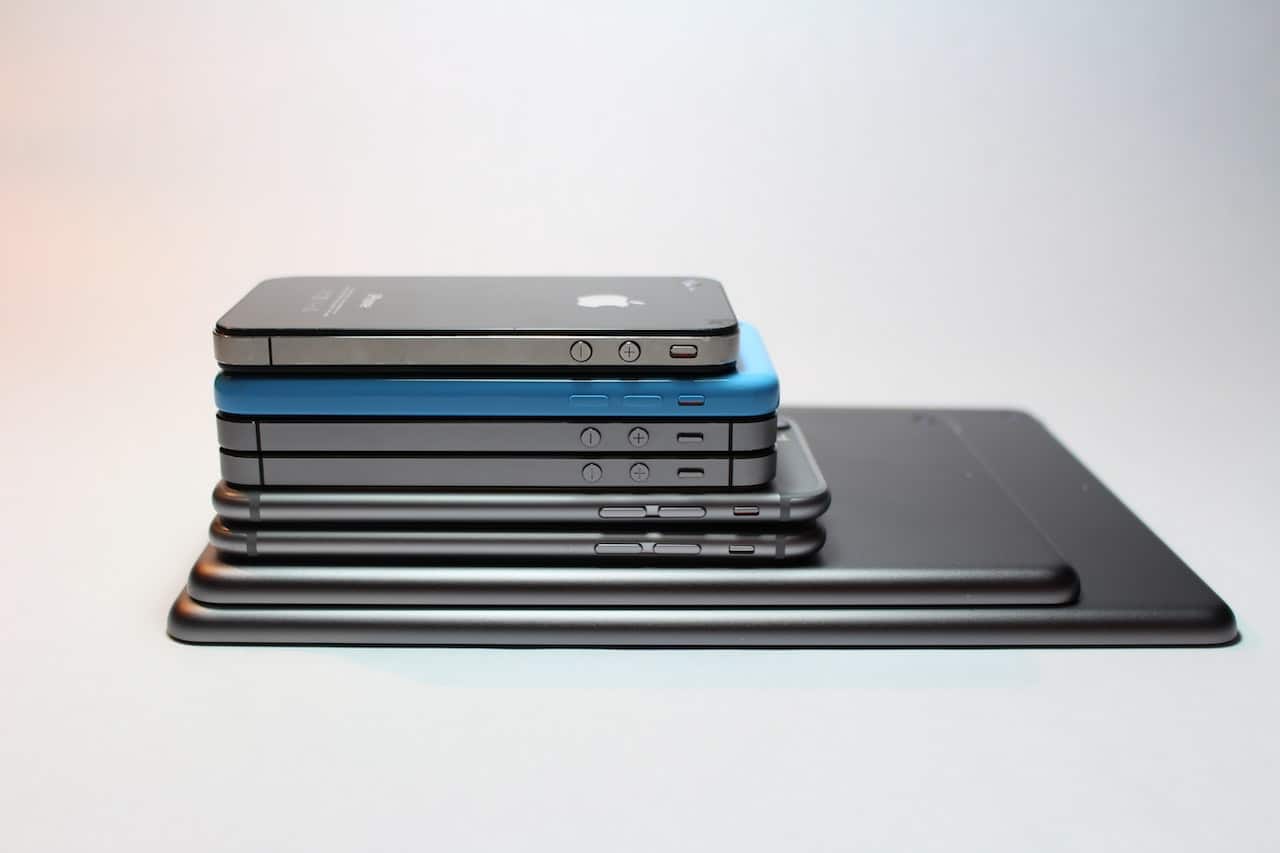
Below is a guide on the Best Ways You Can Minimize Your E-Waste Today. Did you know that the average person generates about 4.4 pounds
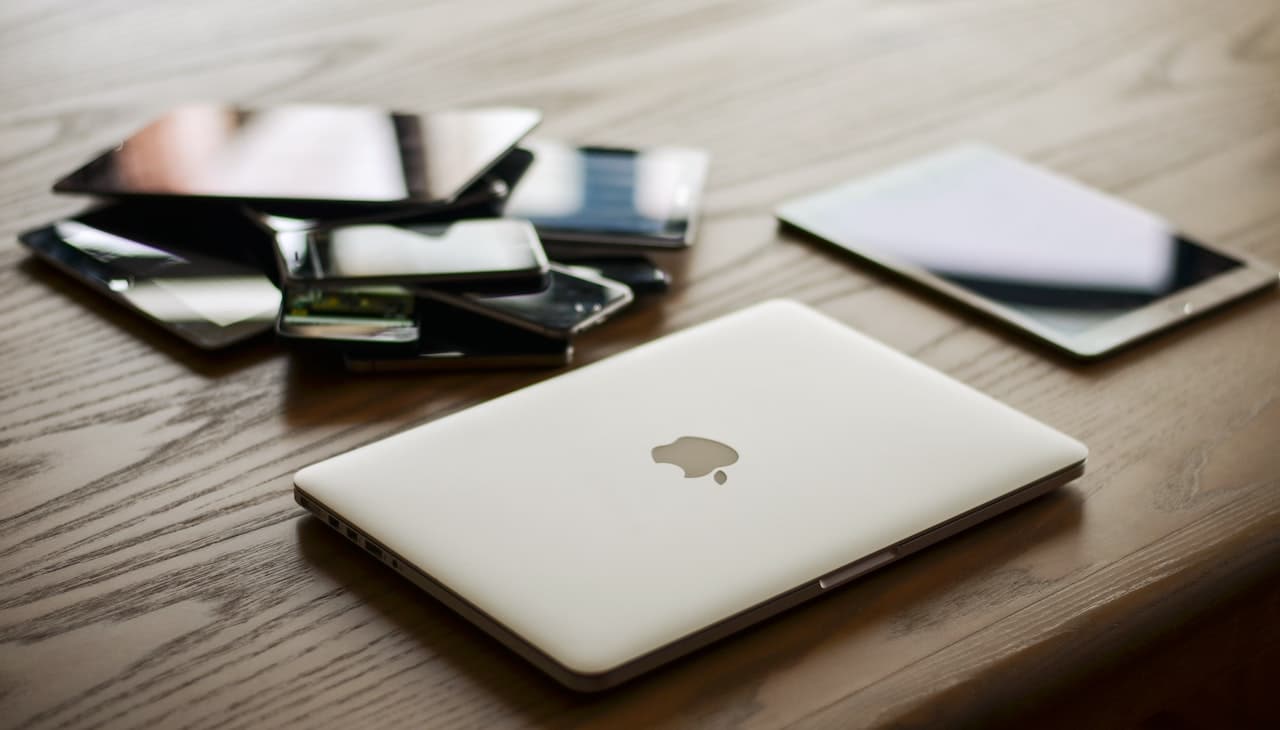
As technology advances, our lives are becoming more and more connected there is a growing E-Waste Problem. Semiconductors and sensors are being added to more
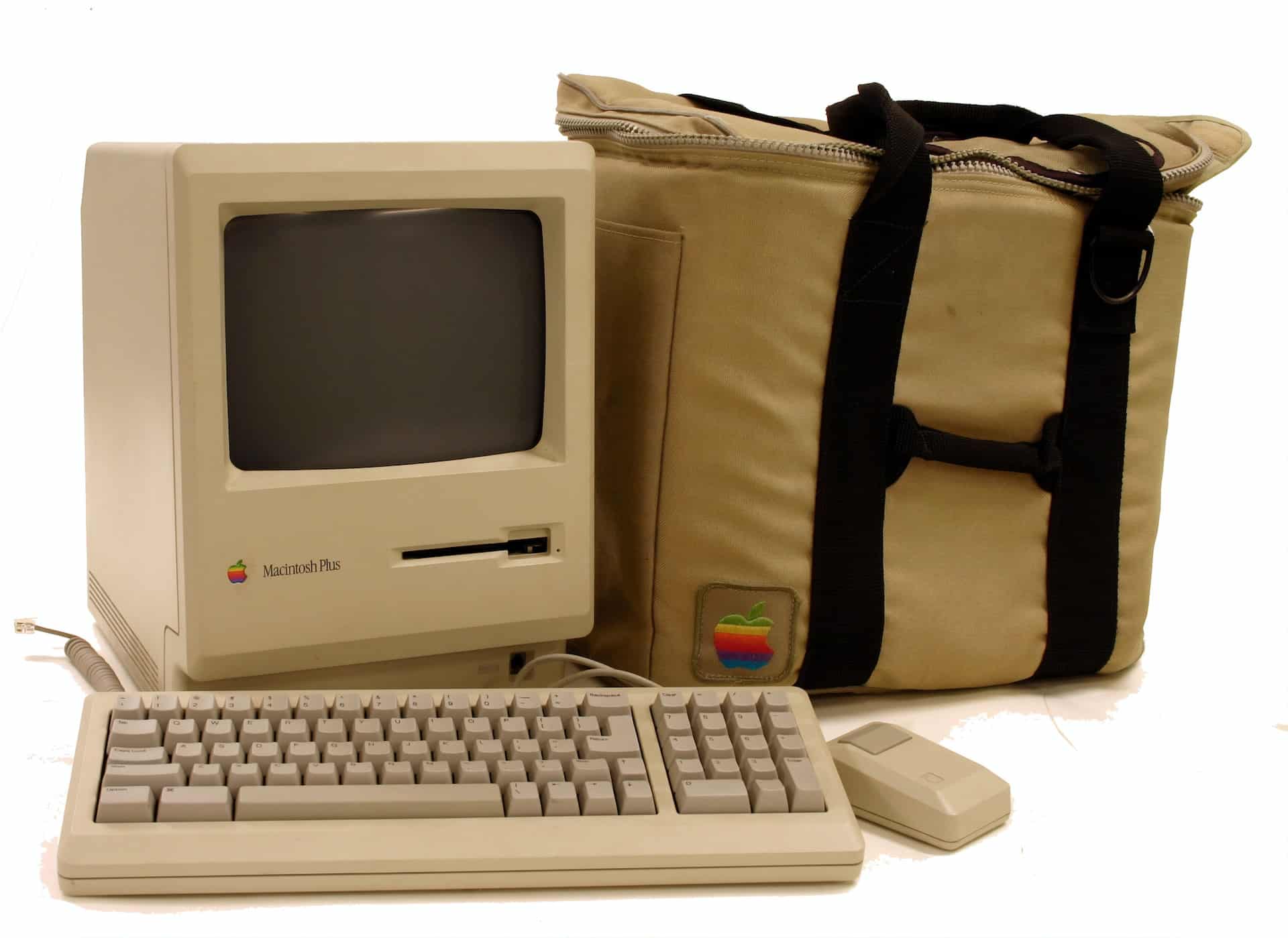
Old laptops typically cannot be recycled through regular recycling programs. However, there are special e-waste recycling programs that can recycle them. Laptops often contain valuable
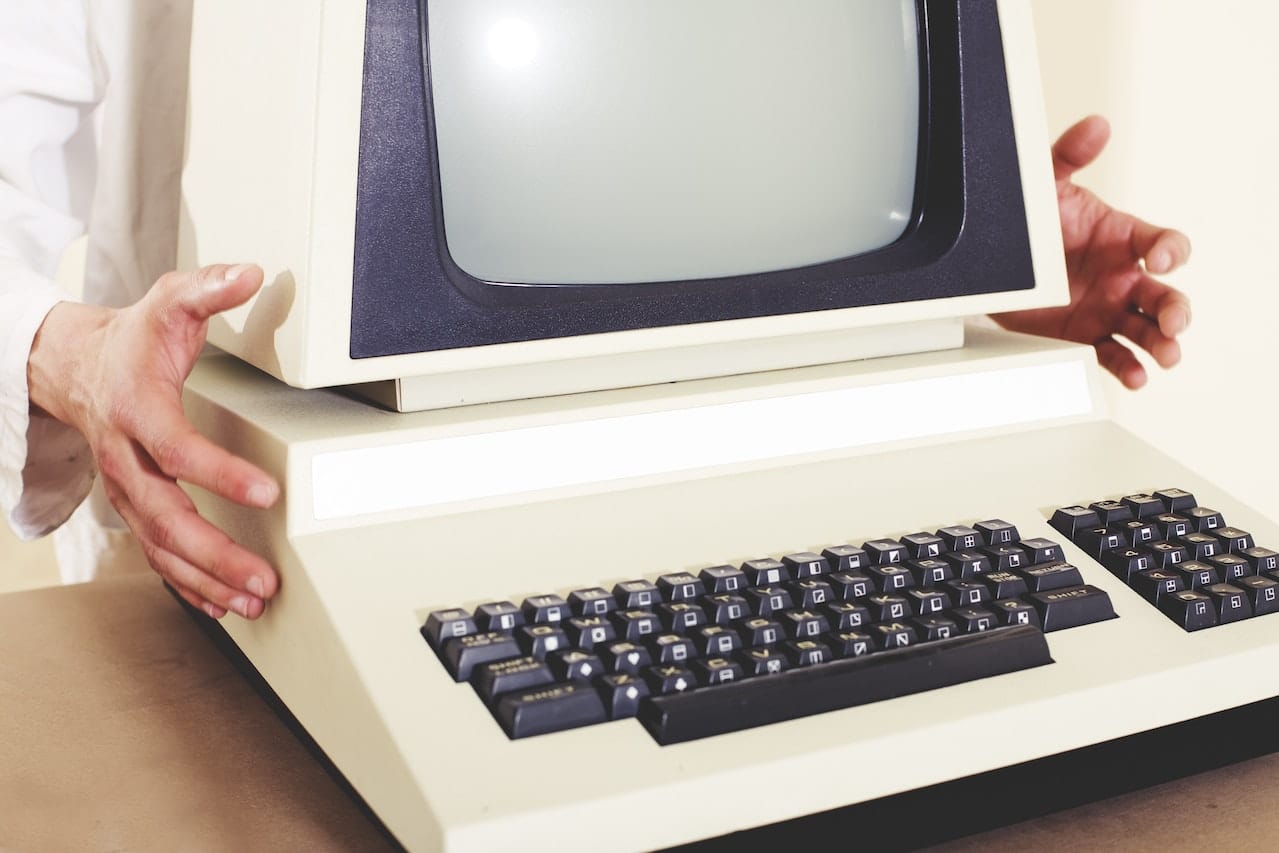
Why Should You Recycle Your Old Computers? Computers and other electronic devices are increasingly common in today’s world. While they offer many benefits, they also
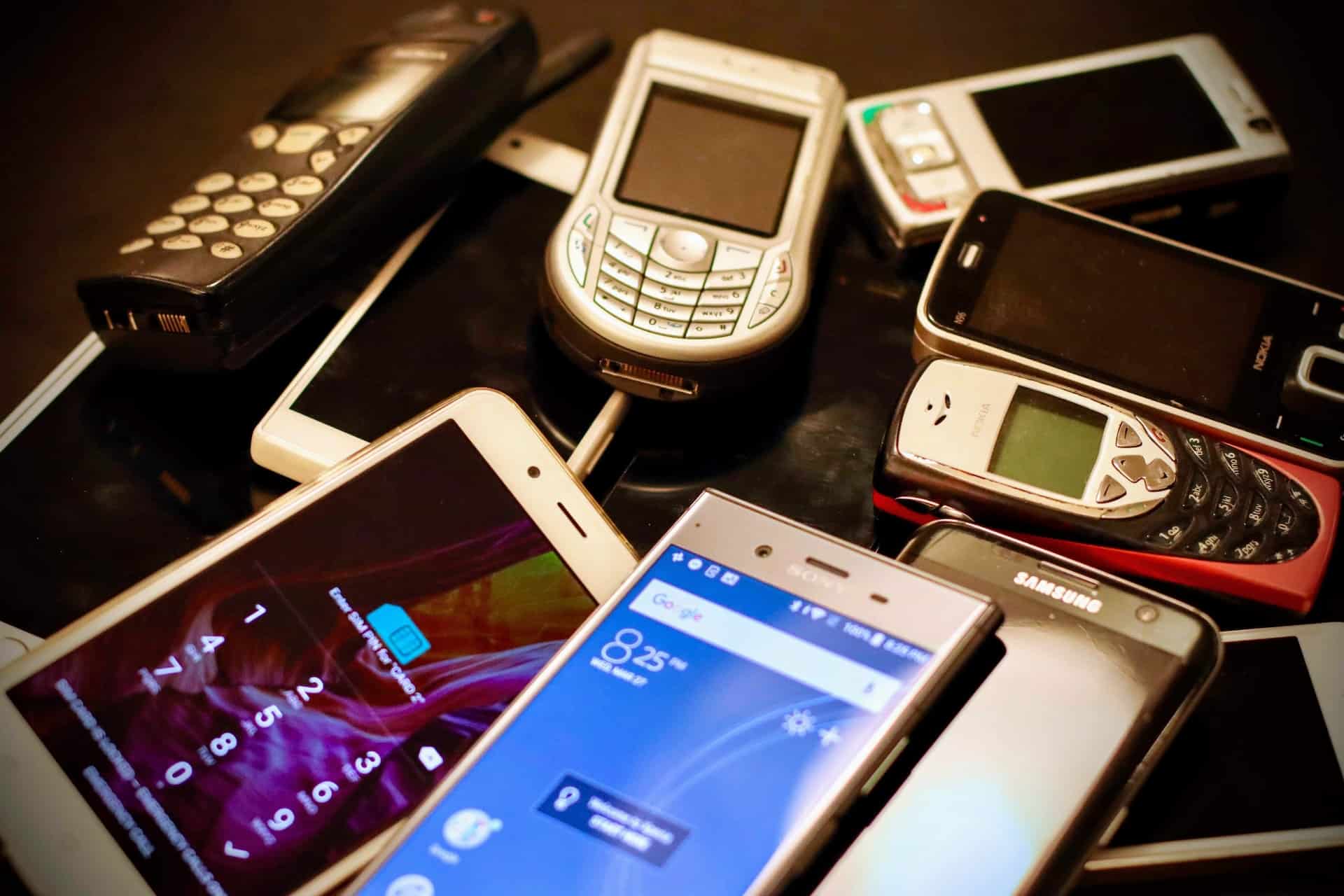
Electronic waste or e-waste problem is the fastest-growing waste stream. While bodily wastes, such as plastics, papers, and other items, are something the world is

Before getting rid of an old computer, you must ensure you’ve taken care of a few things. First, you’ll want to back up any data
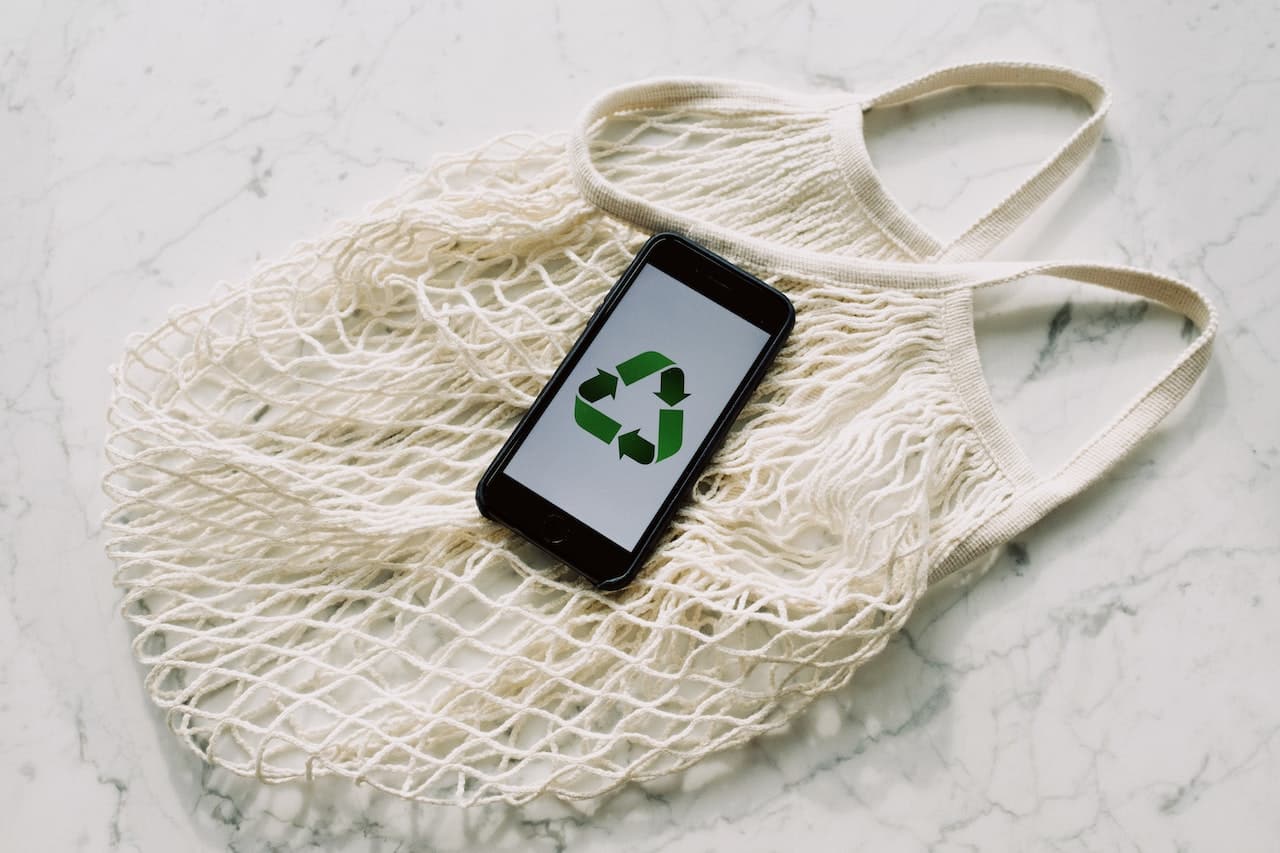
How E-Waste Management and Recycling Technology Works? E-waste management includes different ways of disposing of electronic waste, which can have different effects on people’s health